Forgotten Sports That Used To Be National Obsessions
Sports have a unique way of capturing the imagination, sparking passion and camaraderie. Over the years, we’ve seen various sports rise to popularity, only to fade into obscurity. From daring feats on ice to the quirky charm of cheese rolling, these pastimes once captivated audiences worldwide. Let’s take a nostalgic journey through some of the most intriguing and forgotten sports that were once the center of national attention.
The Roller Derby Craze: When Skates Ruled the Rink
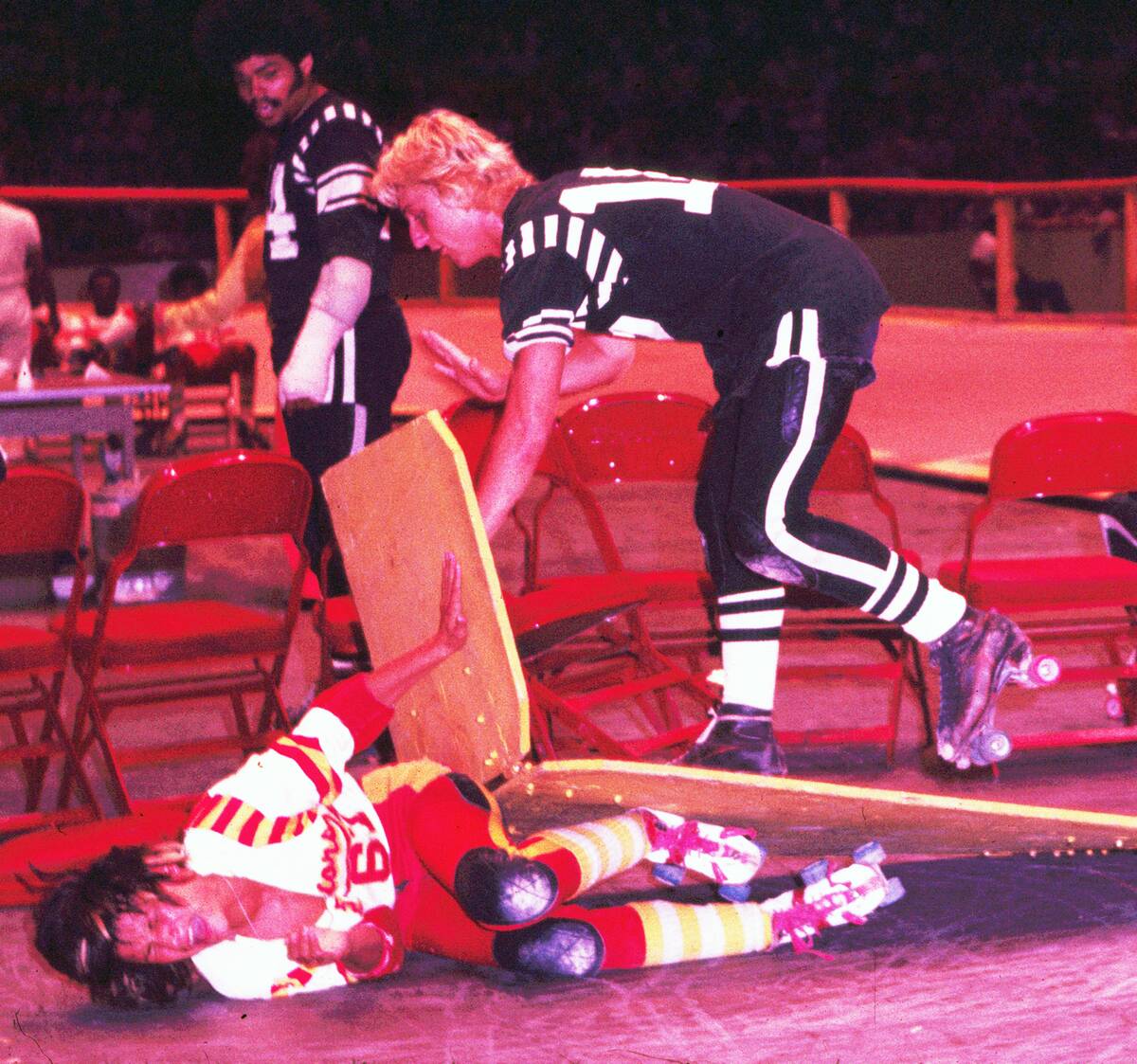
Roller derby was all the rage in the 1930s and 1940s, combining speed, strategy, and physical contact. It featured teams of skaters racing around an oval track, often resulting in thrilling collisions and daring maneuvers. The sport’s popularity waned in the 1970s, but it left an indelible mark on American culture. Today, roller derby has experienced a revival, particularly among women’s leagues, showcasing a blend of athleticism and entertainment.
Croquet: The Quintessential Victorian Pastime
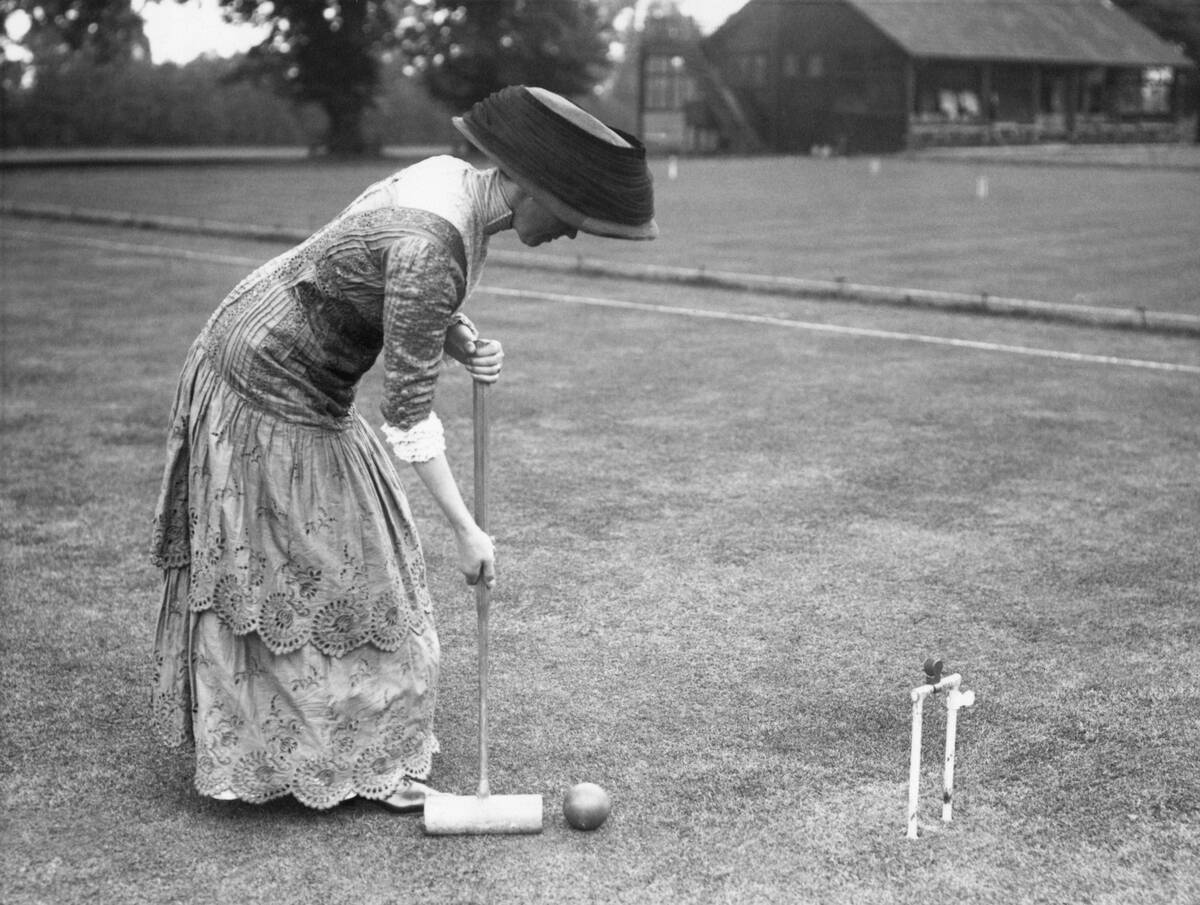
Croquet was the social sport of choice for the Victorian elite, offering a blend of strategy and socializing. Originating in Ireland, it gained prominence in England during the mid-19th century and became a staple of garden parties. The game’s appeal lay in its leisurely pace and the opportunity for conversation. Though its popularity has waned, croquet remains a beloved pastime in some circles, a charming reminder of a more genteel era.
The Rise and Fall of Professional Jai Alai
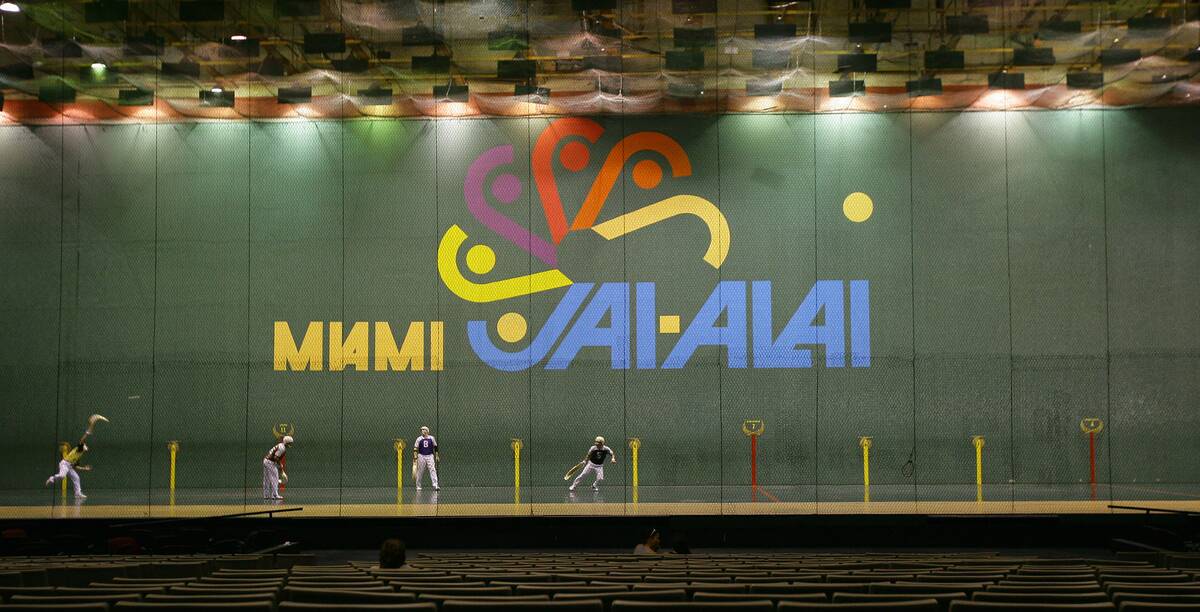
Jai Alai, known for its lightning-fast pace and acrobatic plays, gained popularity in the United States in the early 20th century. Originating from the Basque region, it was often dubbed the world’s fastest ball sport. Players used curved baskets strapped to their hands to hurl a ball at speeds of up to 188 mph. Despite its initial success, the sport struggled to maintain its audience, and by the 1990s, its presence dwindled significantly.
The Booming Era of Competitive Tug-of-War
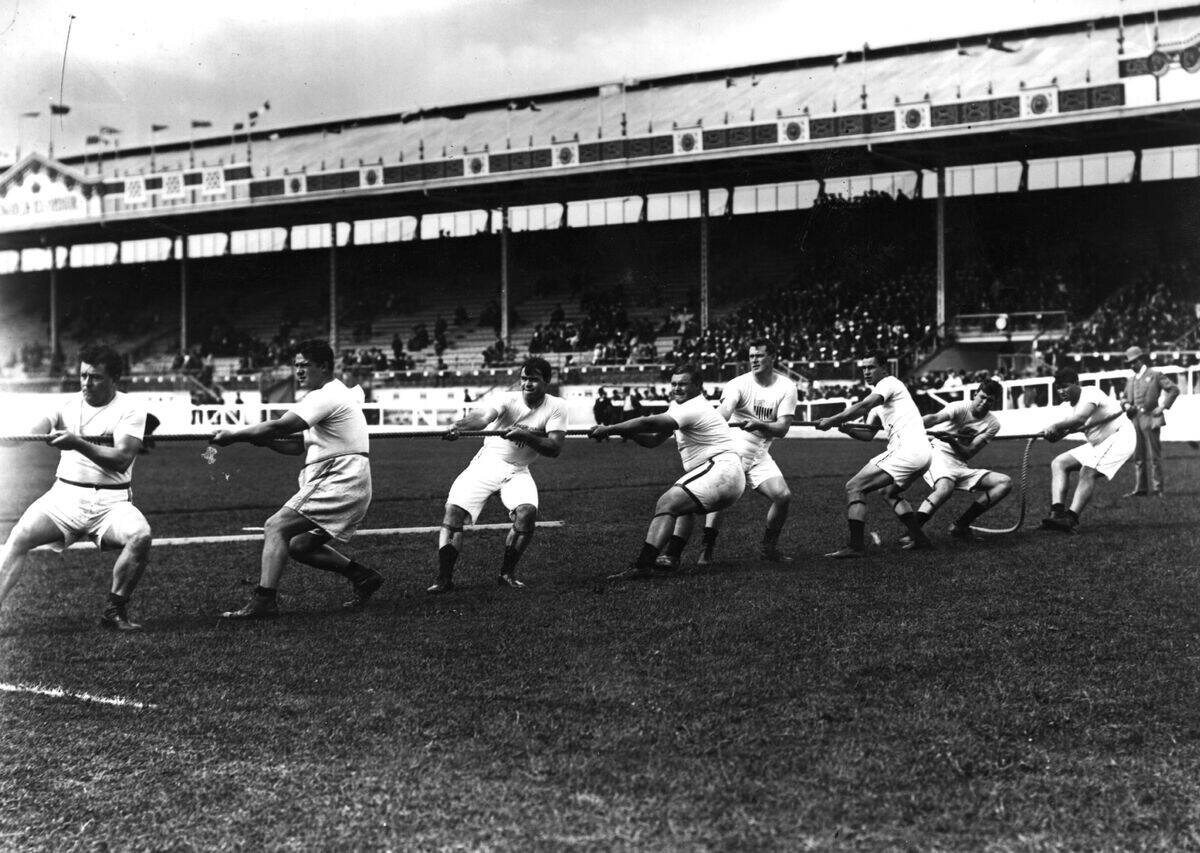
Tug-of-war was once a serious competitive sport featured in the Olympics from 1900 to 1920. It pitted teams against each other in a test of strength and teamwork. Nations like Great Britain and the United States fielded formidable teams, with matches attracting large crowds. Despite its removal from the Olympic roster, tug-of-war remains a popular event at school sports days and community gatherings, keeping the spirit of friendly competition alive.
Skijoring: The Wild Winter Sport with Horses
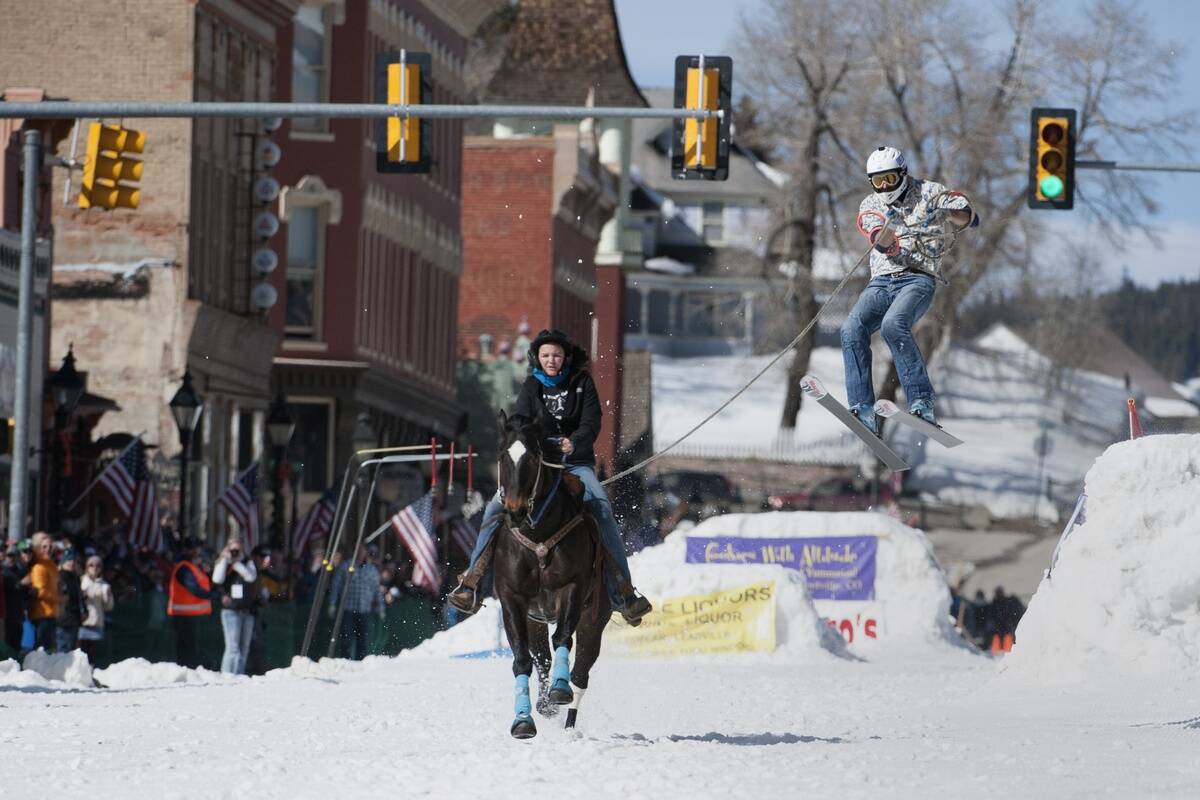
Skijoring, a thrilling winter sport, combines skiing with horseback riding. Originating in Scandinavia, participants are pulled on skis behind a horse galloping through snowy courses. First appearing as a demonstration sport at the 1928 Winter Olympics, it captured the imagination with its blend of speed and skill. Though less common today, skijoring is still enjoyed in some snowy regions, offering a unique and exhilarating experience for winter sports enthusiasts.
When Trampolining Was an Olympic Event
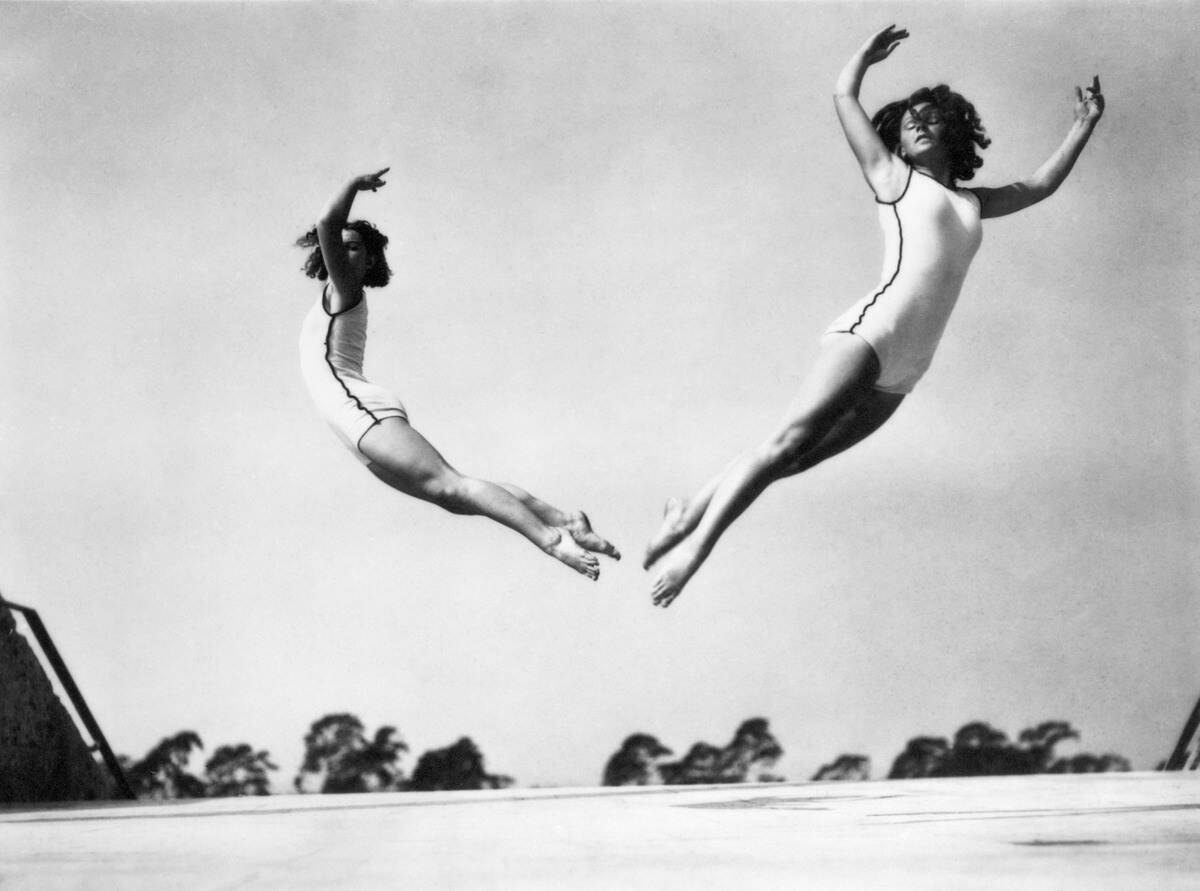
Trampolining bounced onto the Olympic scene in the year 2000, showcasing athletes’ acrobatic skills and gravity-defying routines. This sport, which originated from circus performances, involves athletes performing flips and twists in mid-air. It quickly captivated audiences with its blend of artistry and athleticism. While it remains a part of the Olympic Games, its initial novelty has waned, yet it continues to inspire new generations of gymnasts and thrill-seekers.
The Brief But Intense Popularity of Lawn Tennis
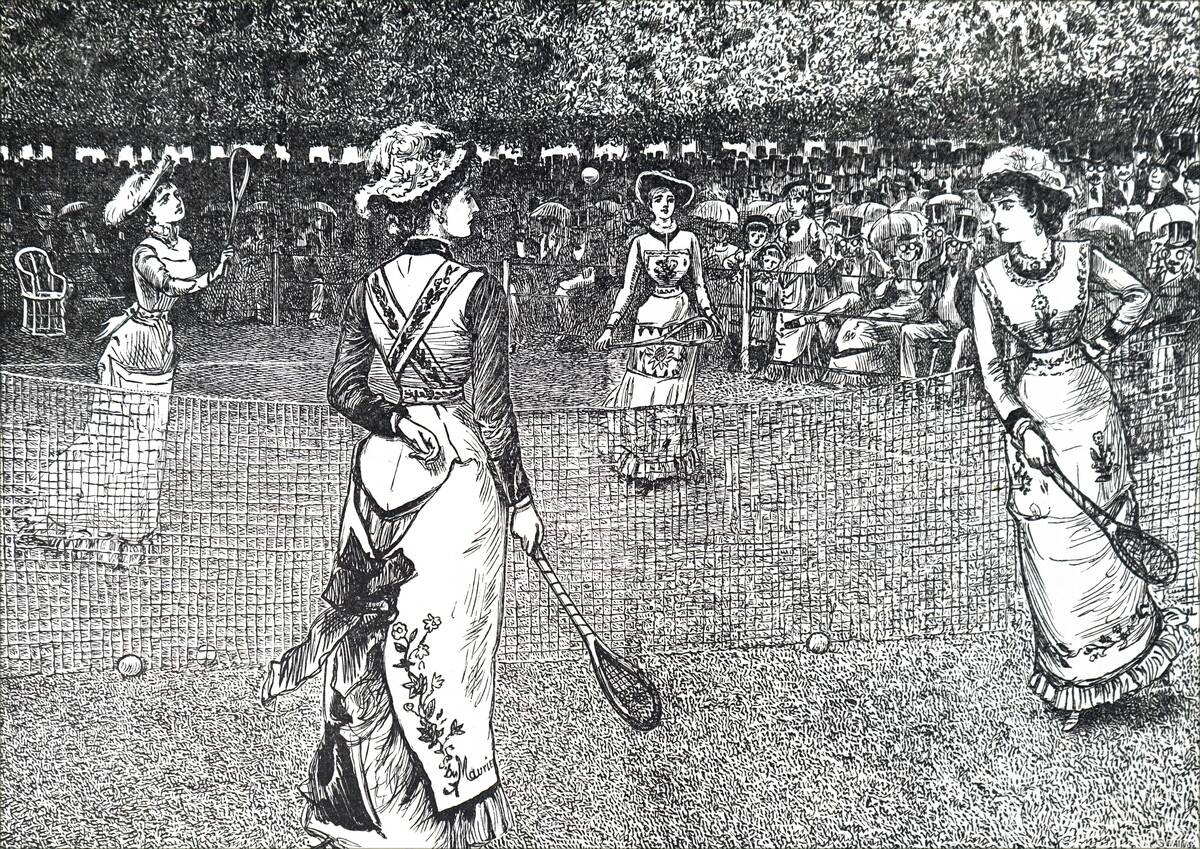
Lawn tennis emerged in the late 19th century as a refined sport enjoyed by the upper class. It was played on manicured grass courts, offering a more accessible alternative to the indoor sport of real tennis. The sport’s popularity soared with the establishment of prestigious tournaments like Wimbledon. While the surfaces have diversified, the essence of lawn tennis remains, continuing to attract fans worldwide with its storied history and classic rivalries.
Barrel Jumping: The Icy Spectacle of Speed and Skill
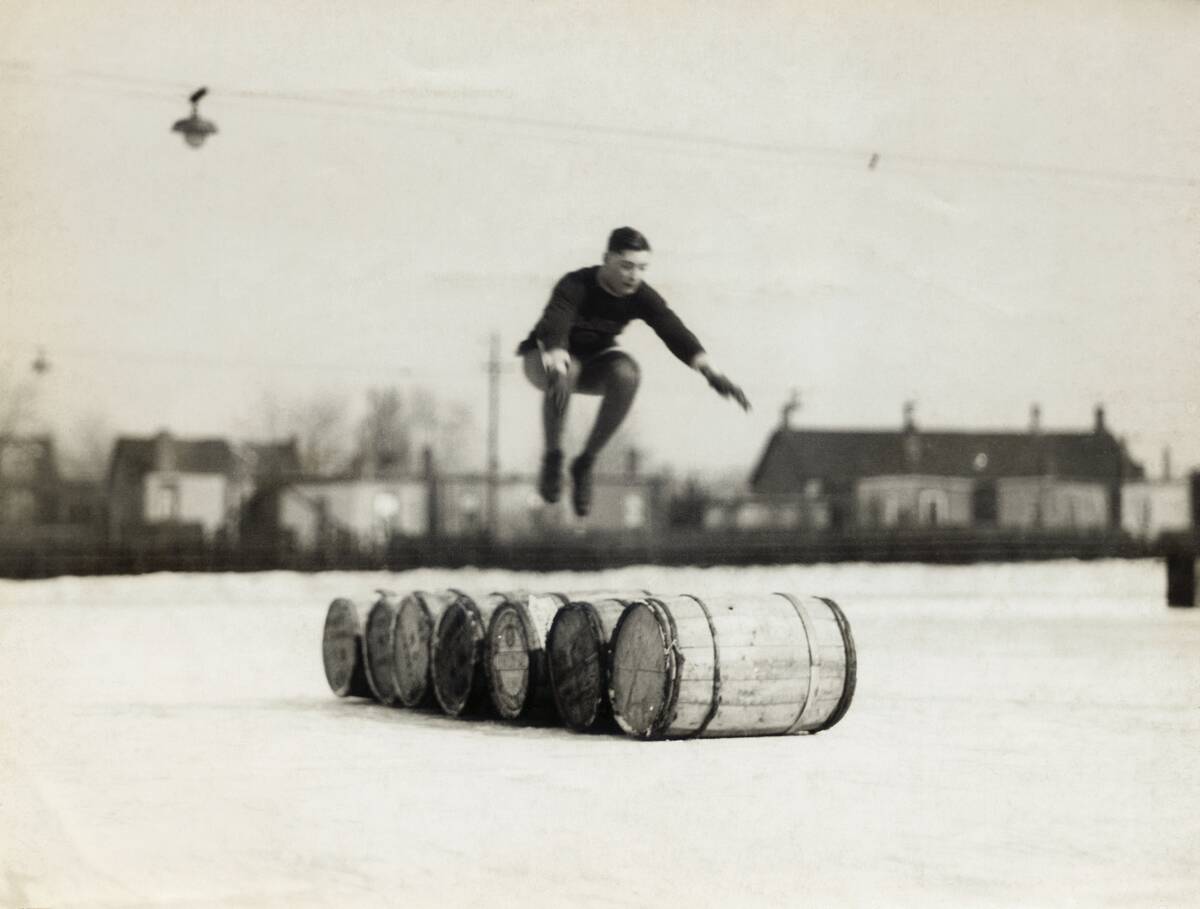
Barrel jumping is a winter sport that challenges skaters to leap over a series of barrels aligned on ice. Popular in the mid-20th century, it required speed, precision, and fearlessness. Competitors would build momentum before launching themselves into the air, aiming to clear as many barrels as possible. While its popularity has dwindled, barrel jumping still captures the essence of daredevil athleticism and remains a thrilling spectacle for those who witness it.
The Forgotten World of Bicycle Polo
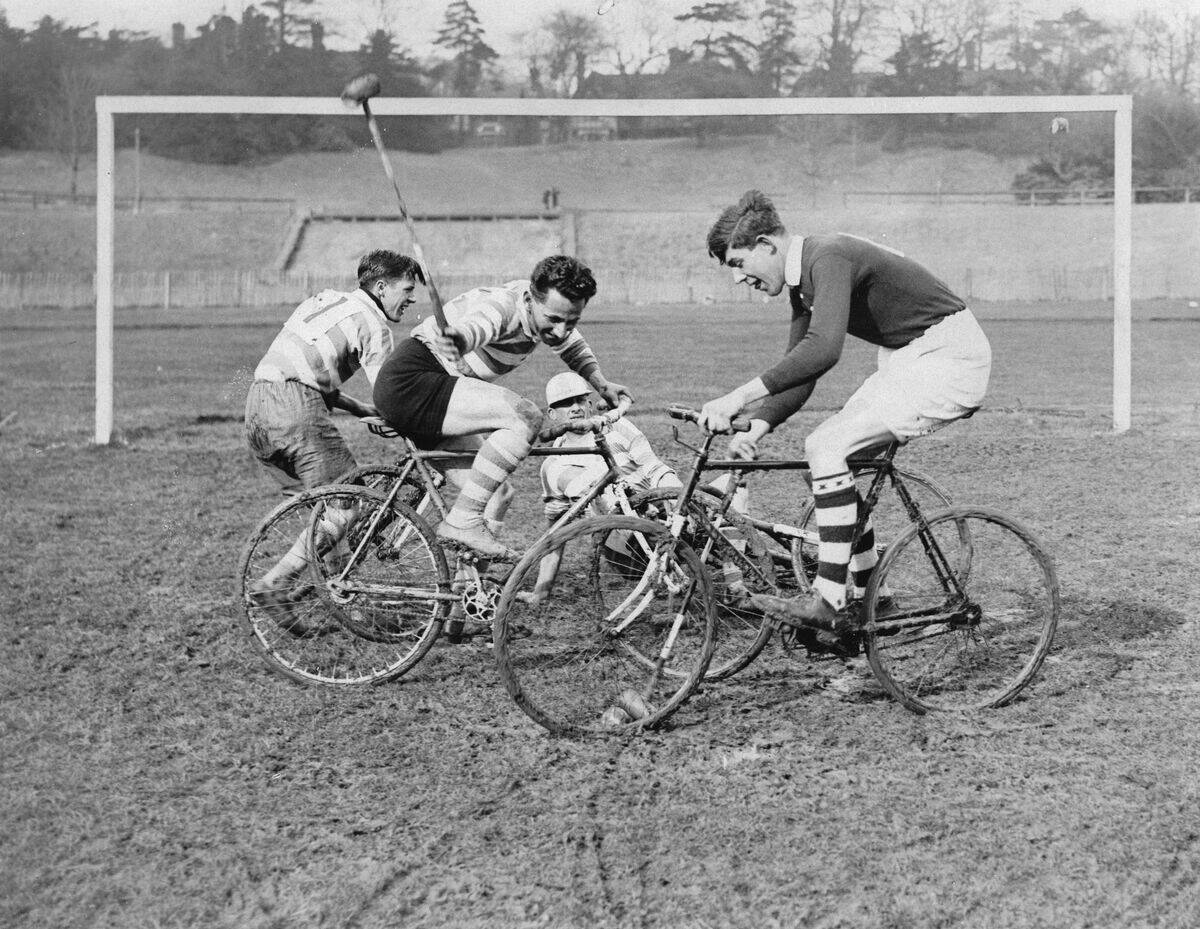
Bicycle polo, a fascinating twist on traditional polo, emerged in the late 19th century. Players, mounted on bicycles instead of horses, used mallets to hit a ball into the opposing team’s goal. This sport enjoyed a brief surge in popularity, with matches held across Europe and the United States. While it never reached the heights of its equestrian cousin, bicycle polo still exists in niche communities, offering a quirky blend of cycling and sportsmanship.
The Whimsical World of Cheese Rolling Competitions
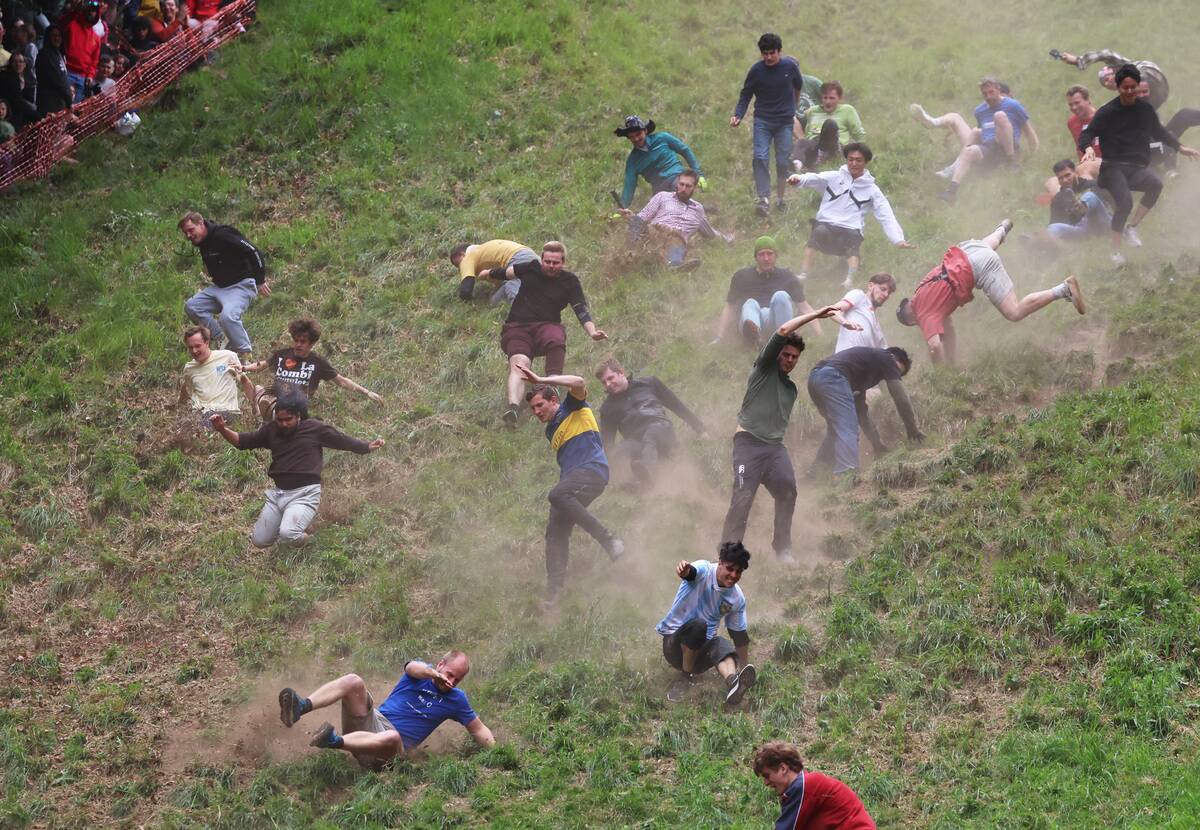
Cheese rolling is a quirky and chaotic event where participants chase a wheel of cheese down a steep hill. The most famous of these competitions takes place annually at Cooper’s Hill in Gloucestershire, England. Contestants sprint, tumble, and somersault down the hill, all in pursuit of the elusive cheese. While it may sound peculiar, the event draws crowds of spectators and adventurous participants eager to take part in this time-honored tradition.
When Balloon Jumping Tried to Take Off
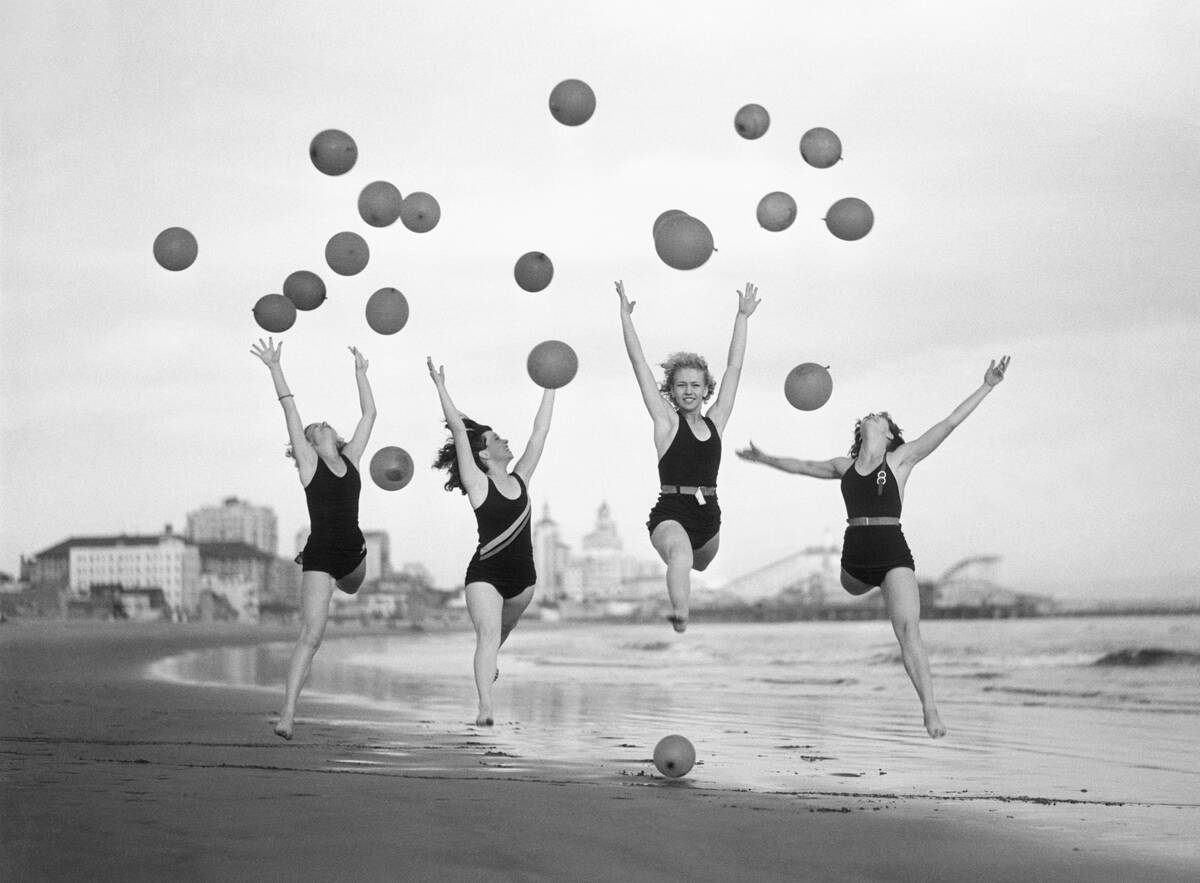
Balloon jumping, an early 20th-century fad, involved participants donning harnesses attached to helium-filled balloons. The goal was to achieve graceful leaps and bounds with the aid of buoyancy. While it promised the thrill of flight, the sport faced practical challenges, including control and safety concerns. Despite its brief popularity, balloon jumping never quite took off as a mainstream sport. Today, it remains a whimsical footnote in the annals of sporting history.
The Strange Case of Auto Polo: Cars Meet Sport
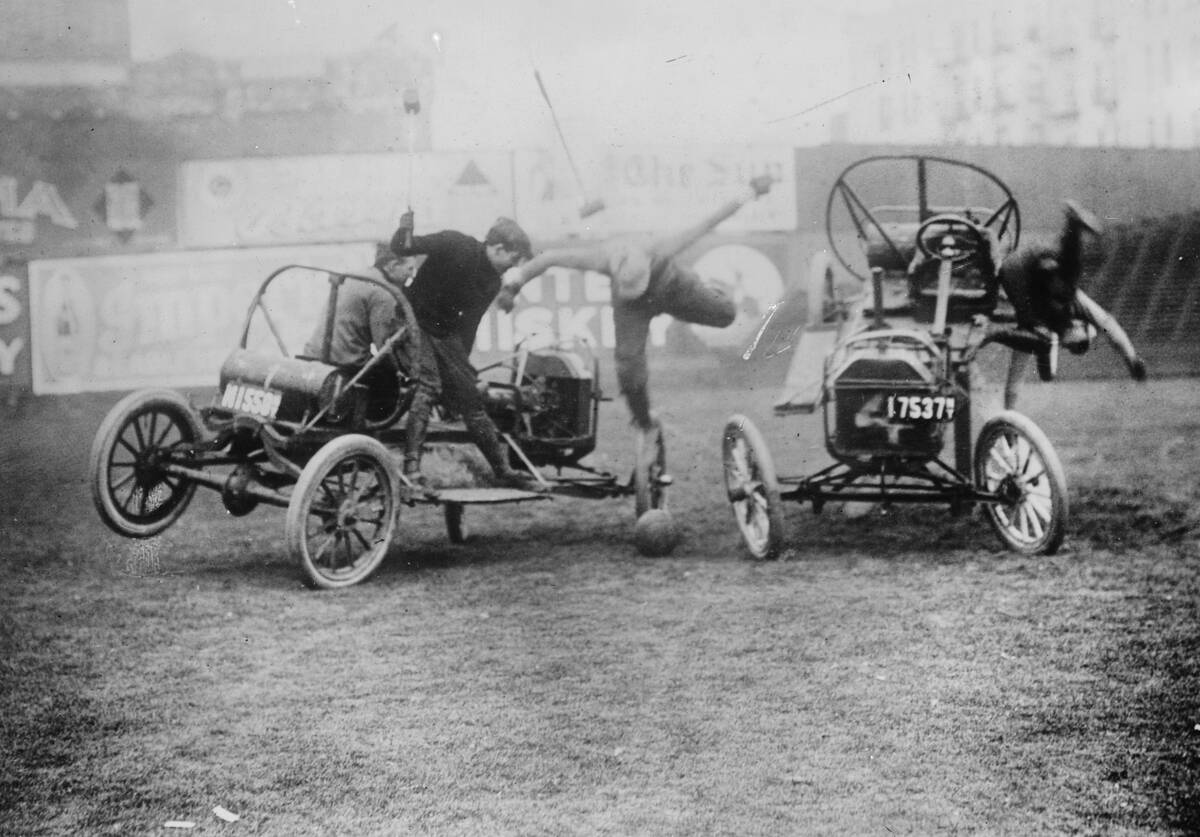
Auto polo, a wild and dangerous sport, combined the elegance of polo with the thrill of automotive power. Originating in the early 1900s, it featured teams of players driving modified cars while attempting to hit a ball into the opposing goal. The sport often resulted in spectacular crashes and chaos, drawing curious crowds. Despite its initial allure, the inherent risks and high costs led to its demise, leaving behind a legacy of daring innovation.
The Long-Lost Art of Mumblety-Peg
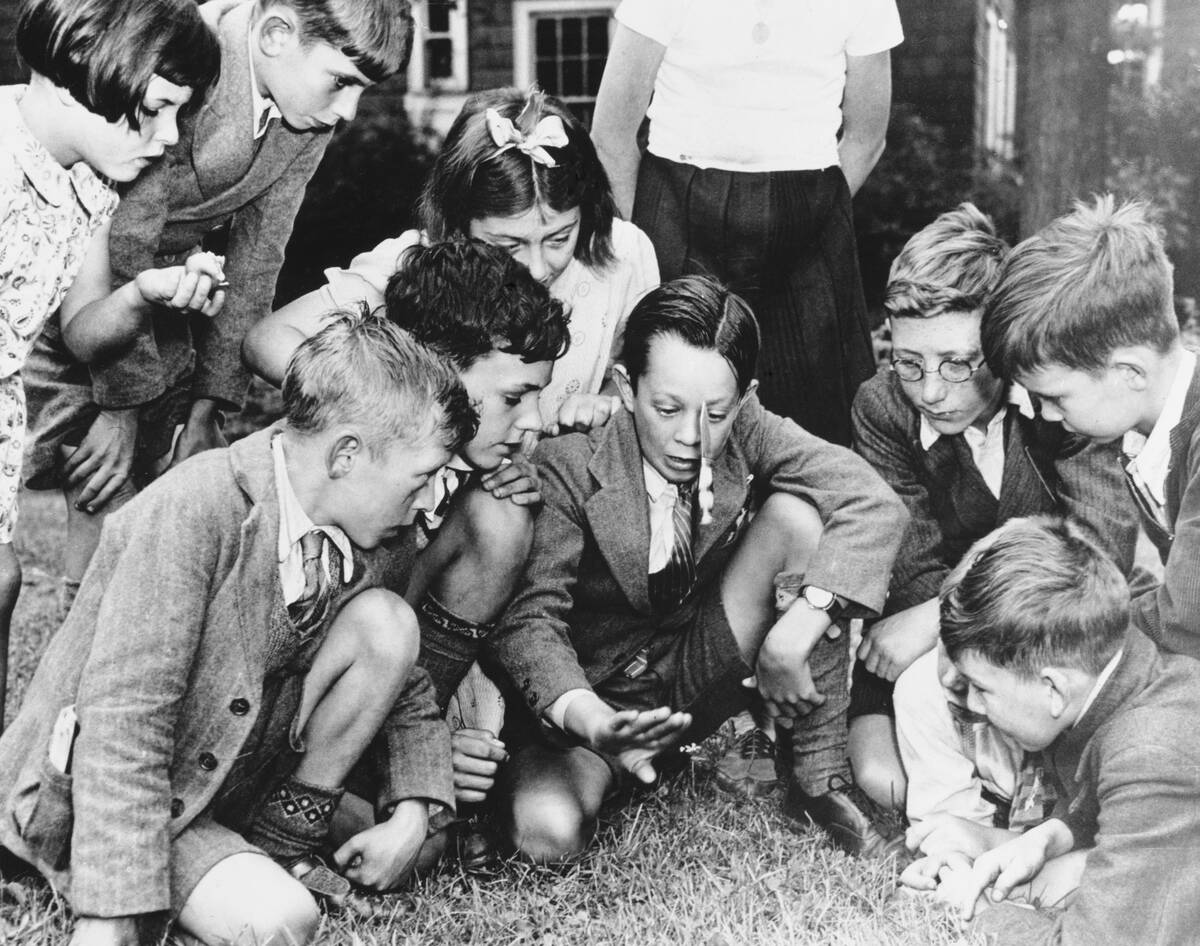
Mumblety-peg, a rustic game from the past, involved players flipping a pocketknife in various ways to complete specific tricks. Popular among boys in the 19th and early 20th centuries, it was a test of skill and nerve. The game’s objective was to drive a peg into the ground using the knife, with the loser often having to pull the peg out with their teeth. Though largely forgotten today, mumblety-peg remains a nostalgic memory for those who played it.
A Time When Bossaball Bounced onto the Scene
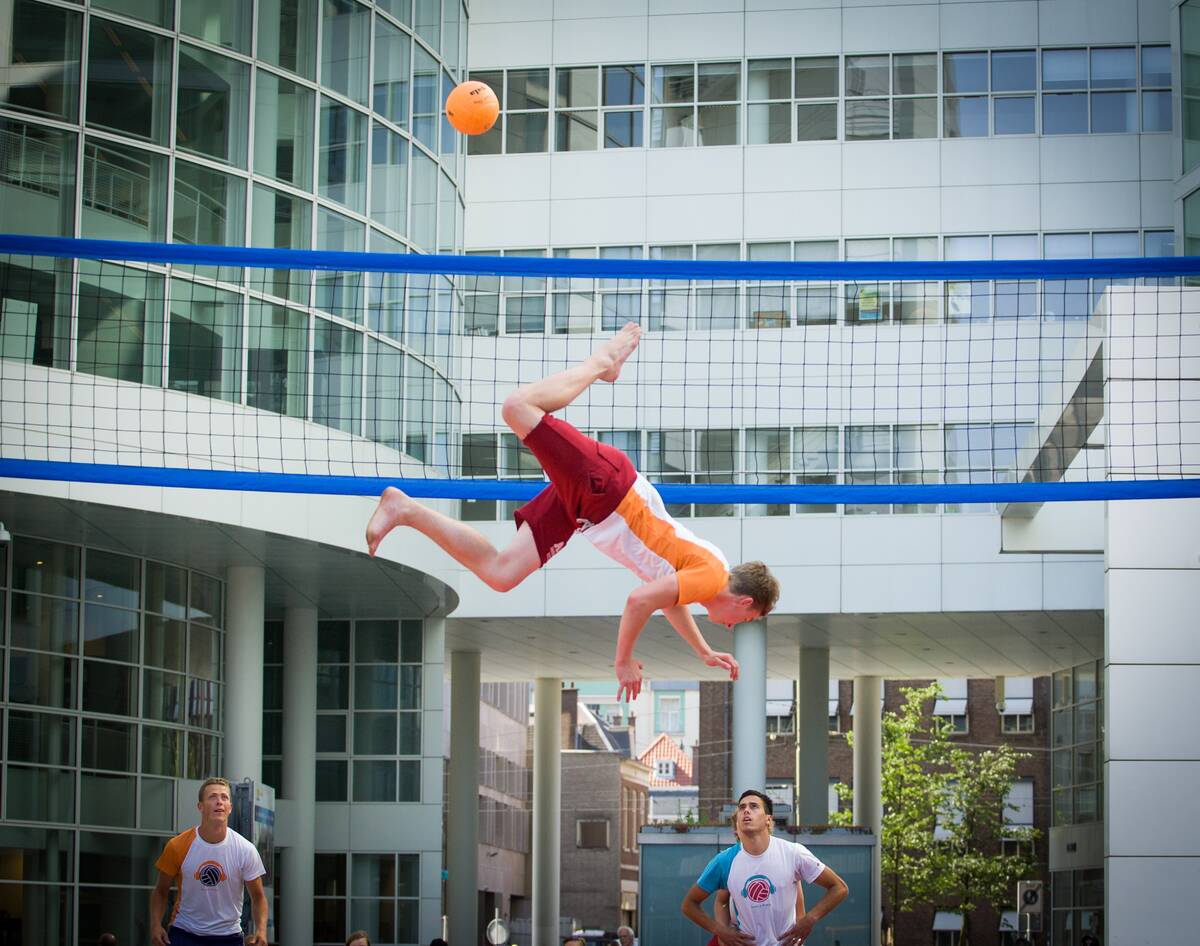
Bossaball, an innovative fusion of volleyball, soccer, and gymnastics, emerged in the early 2000s. Played on an inflatable court with trampolines on each side, it allowed for acrobatic spikes and flips. This dynamic sport quickly captured the attention of thrill-seekers and beachgoers. While its popularity has been limited to certain regions, bossaball continues to offer a unique and energetic twist on traditional team sports, appealing to those who enjoy high-flying action.
Wood Chopping Competitions: Timber Sporting Legends
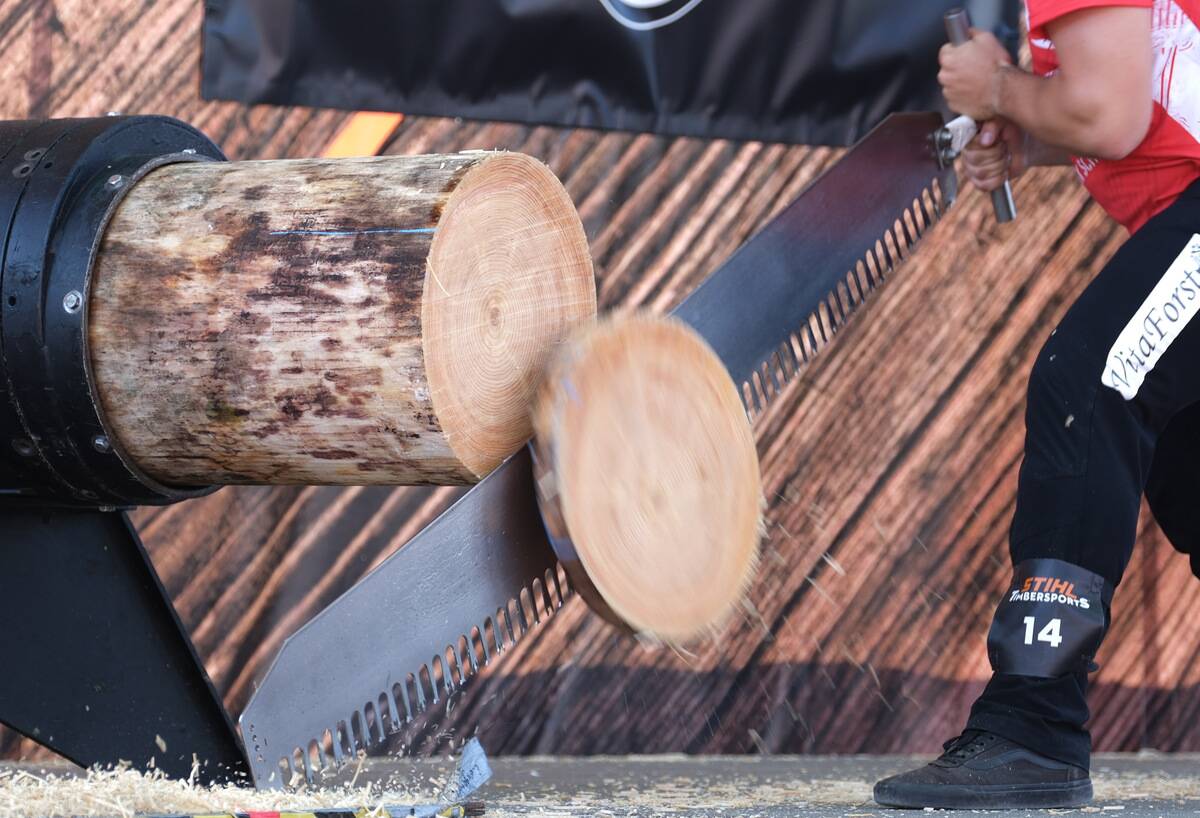
Wood chopping competitions showcase the raw strength and precision of lumberjacks. These events, rooted in logging traditions, test competitors in various chopping and sawing disciplines. Popular in countries like Australia, New Zealand, and the United States, they have become a staple of agricultural fairs and outdoor festivals. While not as mainstream as other sports, wood chopping competitions highlight the timeless appeal of man versus nature, celebrating the skills of timber sporting legends.
Sepak Takraw: The Acrobatic Sport That Dazzled
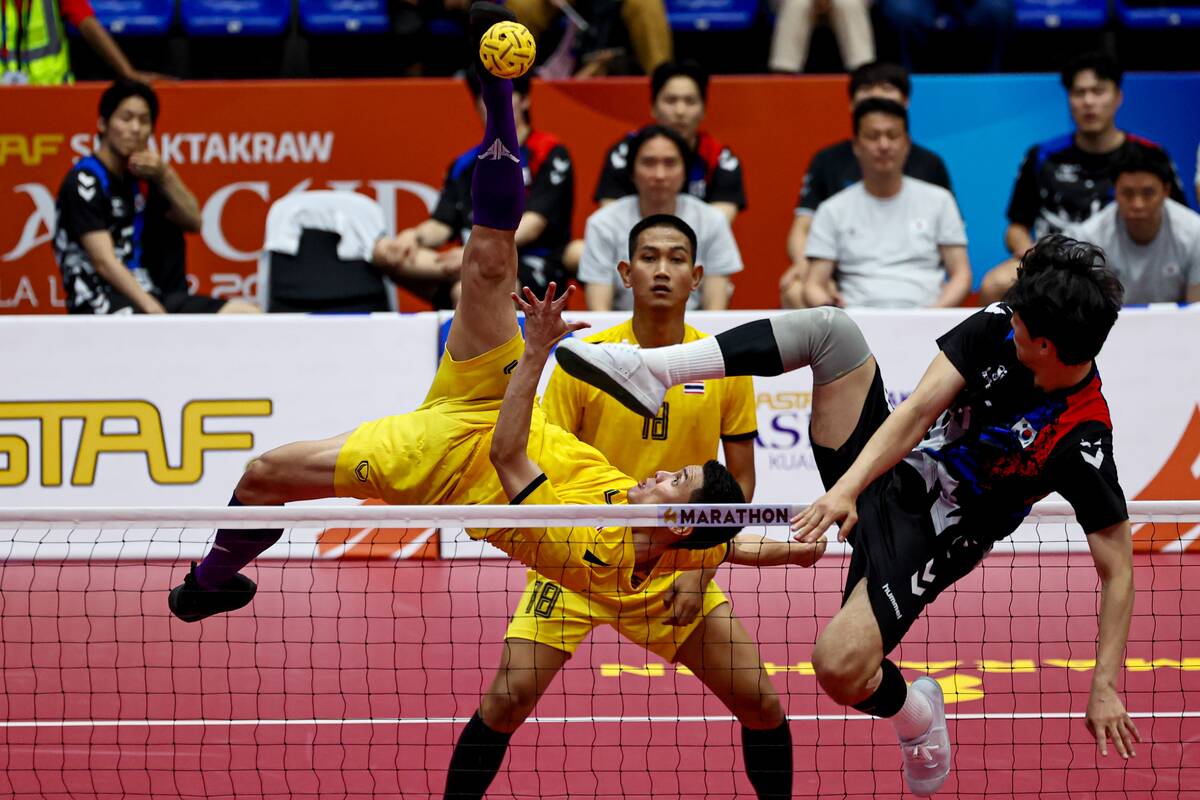
Sepak takraw, a mesmerizing blend of soccer and volleyball, originated in Southeast Asia. Players use their feet, head, and body to pass a rattan ball over a net, performing acrobatic kicks and volleys. The sport’s agility and athleticism have dazzled spectators, particularly in Thailand and Malaysia, where it enjoys immense popularity. While it hasn’t reached global domination, sepak takraw continues to captivate audiences with its unique combination of skill and flair.
The Curious Decline of Dog Sled Racing in Popular Culture
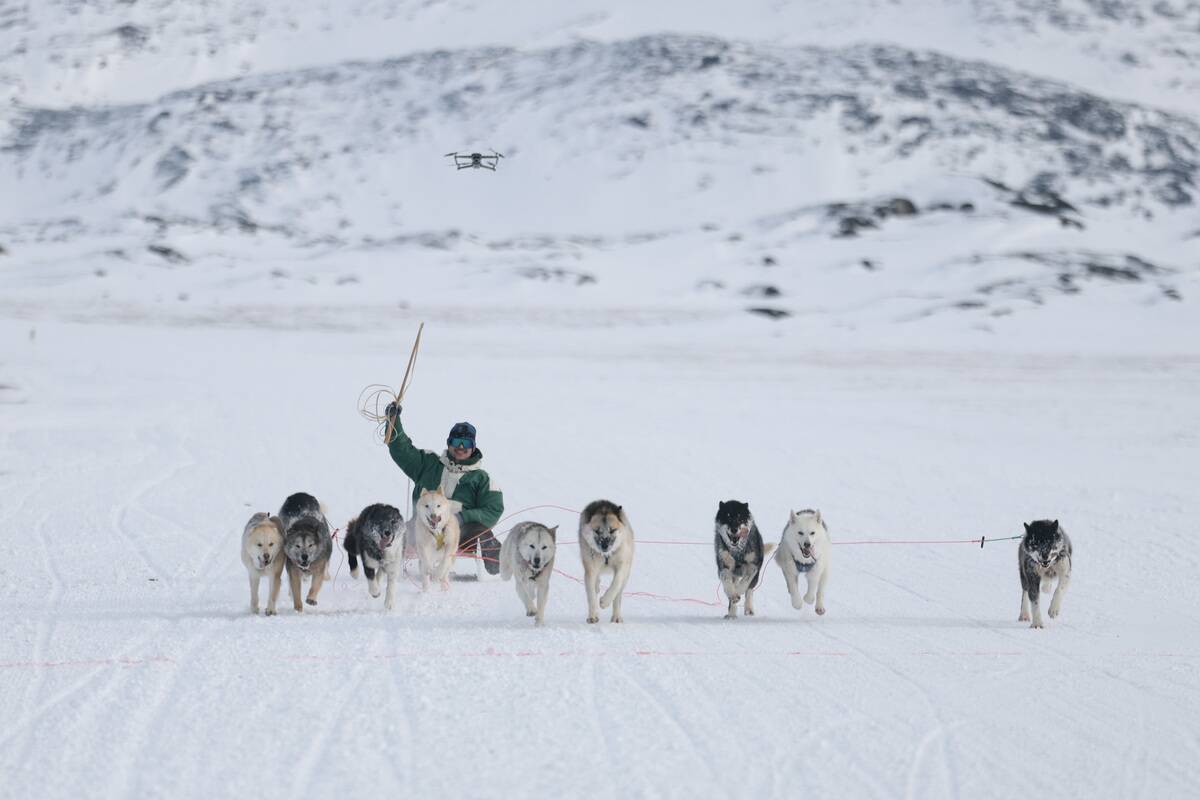
Dog sled racing, once a symbol of endurance and adventure, has seen a decline in mainstream appeal. Historically vital for transportation in snowy regions, it evolved into a competitive sport with events like the Iditarod. Despite its thrilling nature and storied history, the sport faces challenges in modern times, from animal rights concerns to climate change. While no longer a cultural cornerstone, dog sled racing remains a cherished tradition in certain communities.



